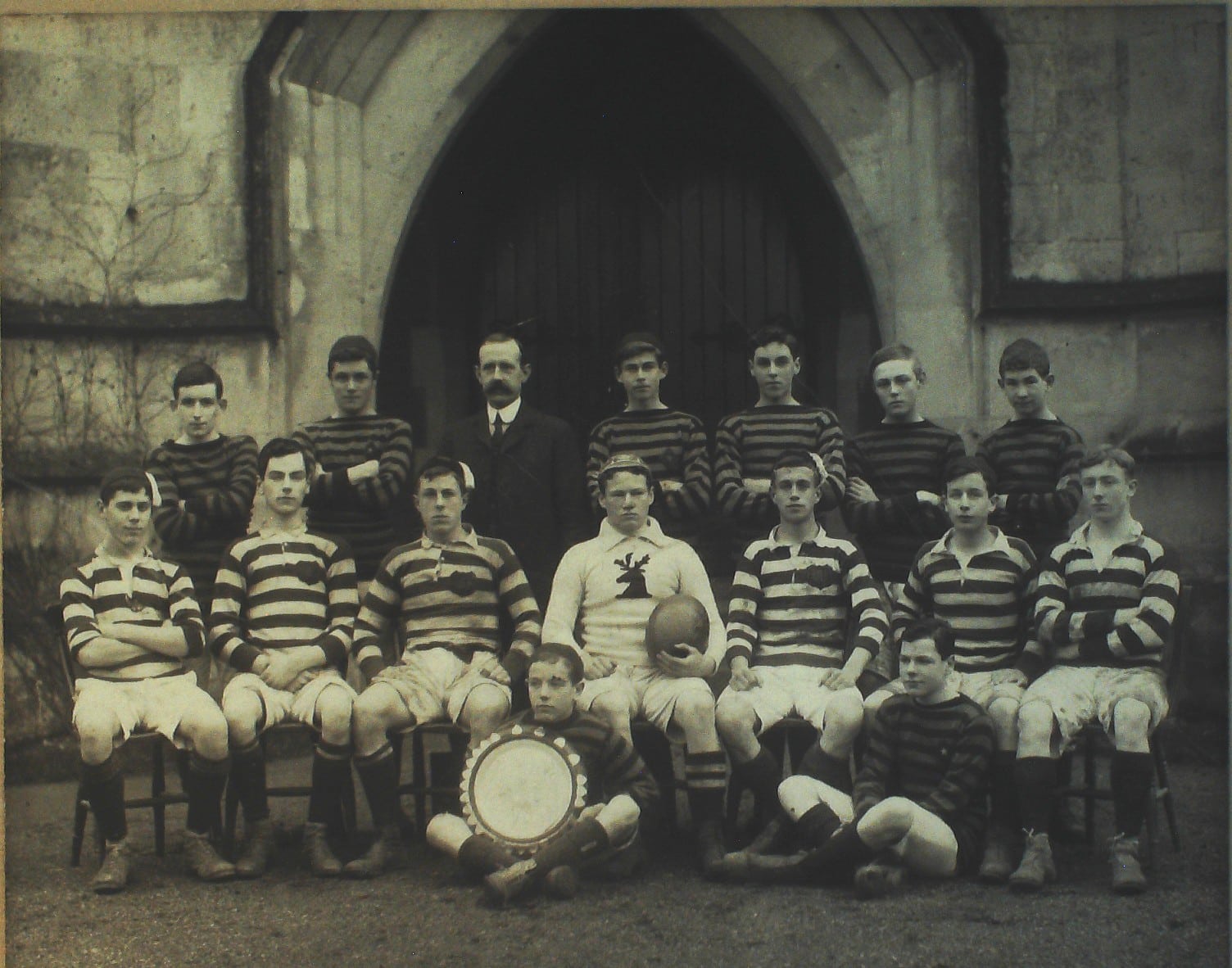William Carr was born in Leeds in 1814. He studied at the York School of Medicine and at University College Hospital. He became assistant to Dr Henry Barnett, of Blackheath, and afterwards joined him in partnership until his death in 1873. This led Dr Carr to settle in Blackheath and become a lifelong supporter of the area.
Dr Carr developed an extensive medical practice treating a broad range of illnesses. He also dedicated part of his time to treating people without financial means. Recognising his benevolent attitude, the Inspector of the Poor Law Board appointed him as the medical assessor of an inquiry into the state of workhouse infirmaries.
Famed for his kindness, he supported a wide range of causes, including Epsom College in which he was a staunch friend and supporter. He collected large sums of money to fund scholarships believing that education was key in life, and it was important to support those who could not afford it. It was only fitting that when a new house was established in 1883 that it should be named after Dr Carr, with the Carr family motto given to the House: Pro Christo Et Patria Dulce Periculum (For Christ and country danger is sweet) and the family crest, the stag, also given.
When Prince Arthur, afterwards the Duke of Connaught, was residing at the Ranger’s House in Blackheath, Carr became his medical attendant. In 1867 the Prince was attacked by small-pox, and after two previous doctors had ceased attendance, Dr Carr remained in charge until the Prince fully recovered. Queen Victoria sent a letter of thanks for his kindness and attention to her son, and he continued as his doctor until the Duke left Blackheath.
Dr Carr was a keen military reserve volunteer; the first meeting to inaugurate the 3rd Kent Rifles was held at his house and he regularly attended Battalion Field Days. He was retained as their surgeon up until the time of his death. He was also surgeon to the Royal Kent Dispensary and to the Metropolitan Police.
Dr Carr was a passionate gardener and believed that alongside education, having a pastime such as gardening promoted good mental health, as well as improving the surroundings for all. In 1868 he established and became President of the Lee and Blackheath Horticultural Society. Such was the quality of the Society it attracted an amazing degree of interest and garnered a visit from Emperor Napolean III, the Empress and their son the Prince Imperial, who were exiled in London. Building on this positive exposure, Dr Carr used his influence to persuade Lord Northbrook to release some local land to become allotments available for all.
He died at his residence, Lee Grove in Blackheath, on 22 March, 1877.





